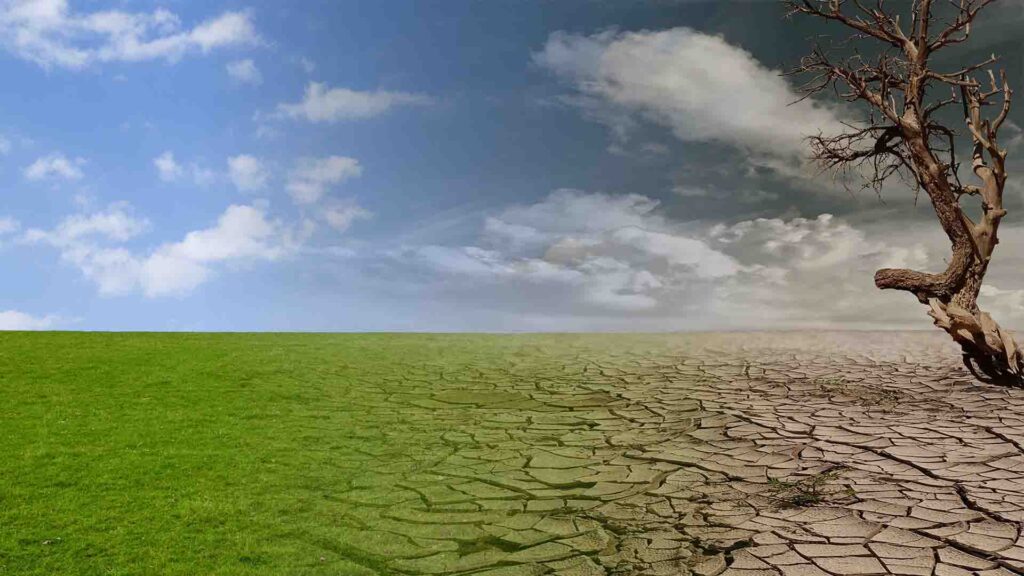Engaging youth in climate action: Hope for the region’s sustainable future

Why engage youth in climate action?
Youth are wells of energy and innovation to tackle the challenges of today and tomorrow. They are also more likely than any other group in the Asia-Pacific region to recognize climate change as a global emergency, having to experience its increasing impacts. At the same time, youth as agents of change “are key to identifying new solutions that will secure the breakthroughs that our world urgently needs.”
Avenues for youth engagement
One framework that recommends several avenues for youth engagement is Action for Climate Empowerment (ACE), a term adopted by the United Nations Framework Convention on Climate Change to denote work under Article 6 of the Convention and Article 12 of the Paris Agreement.
At the 26th United Nations Climate Change Conference of the Parties (COP), the 10-year Glasgow work programme was adopted to further strengthen the implementation of ACE and encouraged building the capacity of youth to lead ACE implementation and participate in climate action processes. Building further on the point of engagement, the UN SG’s policy brief makes several key recommendations that include strengthening youth participation in decision-making at all levels (including national), making meaningful youth engagement a requirement in all United Nations decision-making processes (ex. youth climate negotiators and youth members of national delegations, as happened at COP27), and establishing a standing United Nations Youth Townhall.
How are youth engaging in climate action?
Meanwhile, youth solutions have emerged strongly through social entrepreneurship across the region, changing the sustainability of private sector practices while capitalizing on climate action solutions. In fact, the majority of surveyed youth social entrepreneurs were concerned about climate change’s impacts on their organizations.
Meanwhile, existing gender inequalities also amplify climate change’s effects on young women who are “the future backbone of families, communities, and societies and should be empowered in tackling the climate crisis,” according to the Youth Voices for Climate Action activists

Youth for the future they want
Youth must have more agency over their own futures, which are uniquely threatened by climate change. Building off the growing involvement of youth in climate action, more support from older demographics, governments, and other institutions is still needed for them to fully participate in ACE and, especially, in policy and decision-making processes, including at the highest levels.
Let’s guarantee a seat at the table for youth; their energy and solutions are invaluable in the design, development, and implementation of climate actions to ensure a sustainable future for Rwanda. Young people are crucial stakeholders, and they must be treated as such. When the invisible veil is removed, the vibrancy of youth has the capacity to change our collective futures.
